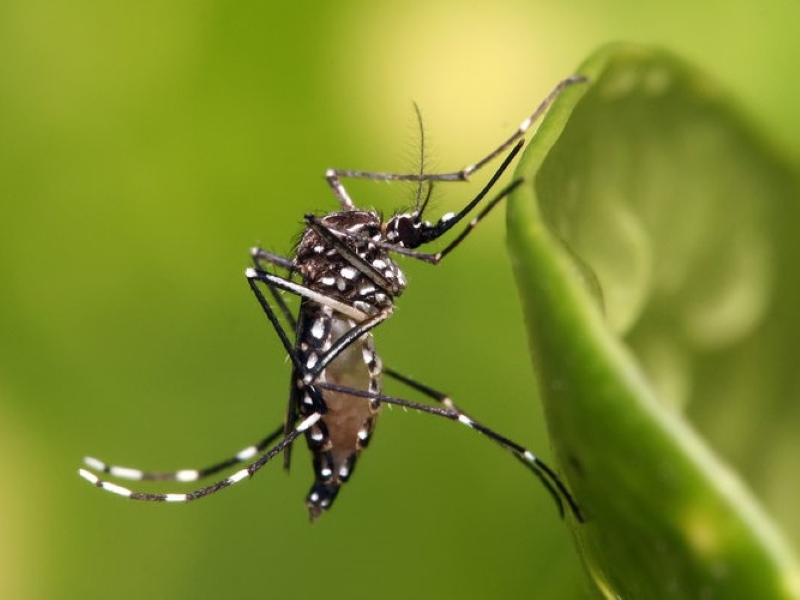Australian scientists are teaming with a British BioTech to tackle two of the deadliest virus-carrying mosquitos in the Pacific region and fight deadly diseases with mutant specimens that decimate overall numbers.
An innovative ‘just add water’ solution that quickly breeds genetically engineered mosquitoes will be used to curb transmission and overall numbers in Queensland under the venture, which comes after promising results elsewhere but still faces regulatory approval.
The partnership between the CSIRO and owner of the technology, UK-based Oxitec, was announced on Tuesday with a call out for partners in the local venture, Oxitec Australia.
The CSIRO is launching the local venture with undisclosed funding to bolster defences against one invasive mosquito in Northern Queensland and the Pacific region, and defend against the spread of another to mainland Australia.
The platform is aimed at stopping diseases spread by mosquitos like dengue, Zika, and yellow fever, but could also expanded to other pests threatening Australia’s livestock and food systems.

Mosquitoes in the Indo-Pacific spread diseases like malaria, dengue, and Japanese encephalitis, causing over 23,000 deaths each year. Globally, dengue alone infects more than 390 million people each year.
Oxitec Australia’s first target is one of the deadliest virus-carrying mosquitos in the Pacific region, including northern Australia – Aedes aegypti.
A “just-add-water” product using the British firm’s platform can breed male non-biting mosquitos with a self-limiting gene simply and quickly with the addition of water.
The introduced mosquitos don’t bite (only female mosquitos bite) and mate with females. A self-limiting gene disrupts the offspring, causing overall numbers to fall. The solution has been available in Brazil for years and the British company says it has achieved suppression rates of 90 per cent.
The company says disruption to ecosystems from removing the mosquitos is minimal because they are pests in the first place and their predators like birds and fish typically have other food sources.
The solution is subject to regulatory approval in Australia and expected to reach public consultation in March next year. But it iplans reduce pest females and overall mosquito numbers through sustained releases, including in Queensland.
A solution for the Aedes albopictus virus carried by Asian tiger mosquitos — known as the ‘BBQ stopper’ for its daytime biting — will also be developed with CSIRO funding to help prevent a major invasion risk to mainland Australia.
CSIRO director of health & biosecurity Professor Brett Sutton said the new venture offers a unique opportunity to defend against exotic pests on “Australia’s doorstep”.
“Factors like climate change and growing pesticide resistance will only bring greater challenges to the health of Australians and our region via vector-borne diseases,” Professor Dutton said.
“By investing in new and innovative solutions that complement existing control programs, we can reduce the public health impacts of these exotic and invasive mosquito species.”
The new venture is also exploring ways to address pests that threaten crops like the fall armyworm caterpillar, first detected in Australia in 2020. Oxitec’s solution is already approved in Brazil and could offer a new effective way to protect Australian crops.
Do you know more? Contact James Riley via Email.

